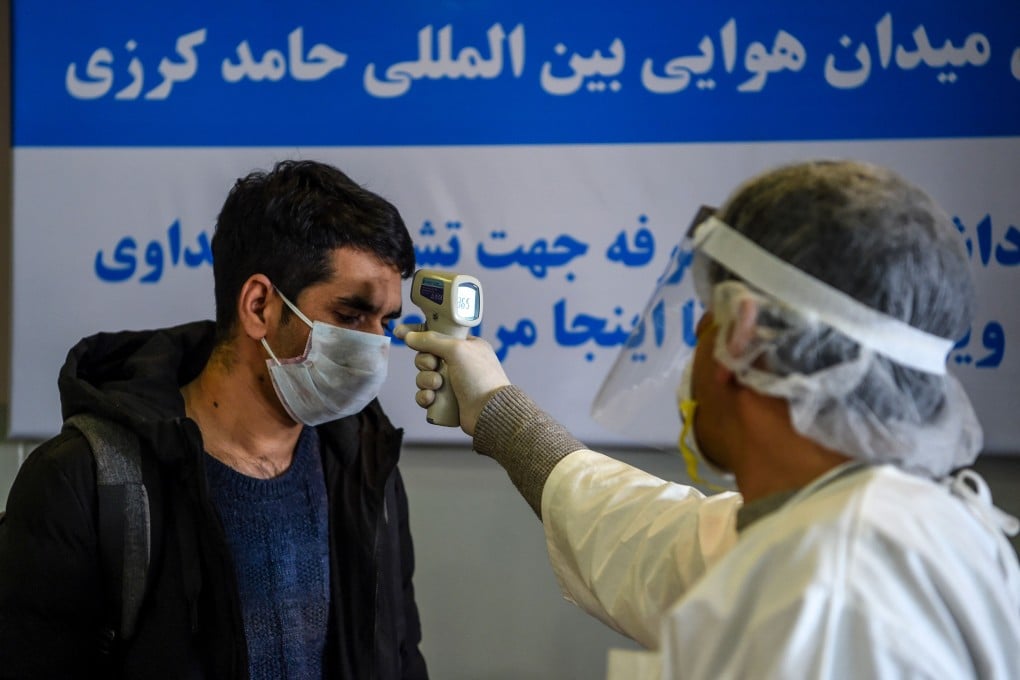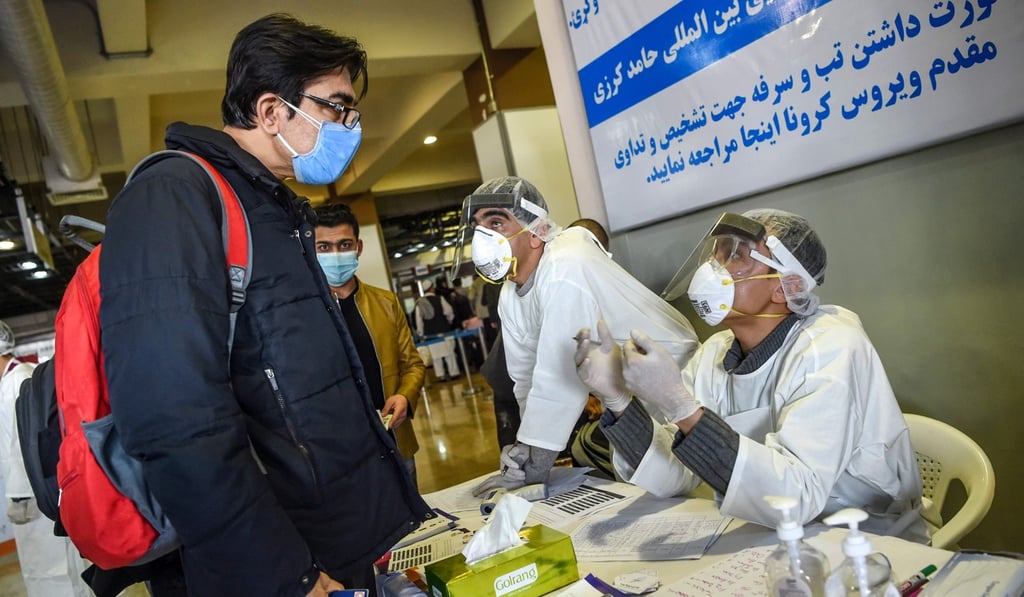Advertisement
Coronavirus comedy: do bad-taste jokes disguise Afghanistan’s outbreak anxiety?
- Online shows of solidarity with Chinese doctors are at odds with some of the racist comments doing the rounds on social media and TV
- The country has yet to register a single confirmed case of the virus, however – and would likely struggle to contain its spread if it did
Reading Time:3 minutes
Why you can trust SCMP

As the world awakened earlier this month to the full severity of the coronavirus public health emergency, governments across the globe rushed to evacuate their citizens from Wuhan – the Chinese city at the epicentre of the outbreak.
India, Bangladesh, Tajikistan, Uzbekistan, and Iran were among the countries taking part, but neighbouring Afghanistan was conspicuous by its absence from the evacuation effort.
When 45 Afghan students stranded in Wuhan asked to be repatriated, the initial response of Ferozuddin Feroz, the public health minister, was positive.
Advertisement
He did caution that such an evacuation could “endanger the lives of 35 million Afghans”, but nevertheless indicated his ministry’s readiness to help.

Advertisement
The evacuation flight, however, failed to materialise.
Advertisement
Select Voice
Select Speed
1.00x